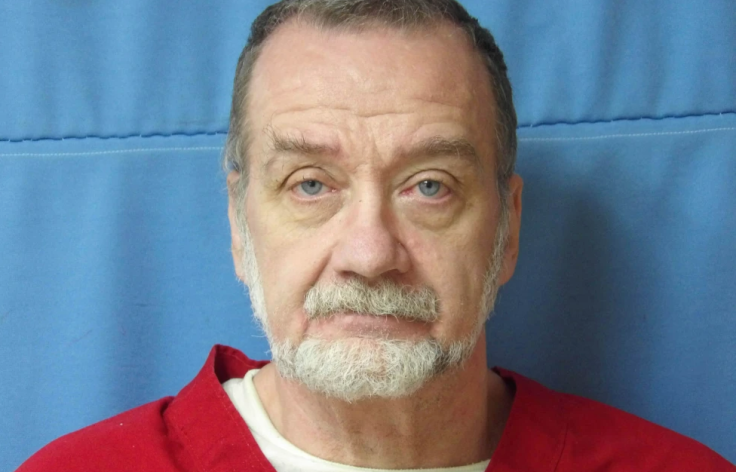
The state of Mississippi carried out its second execution of the year on Wednesday when Charles Ray Crawford was given a lethal injection.
Crawford, 59, spent more than three decades on death row after he kidnapped, sexually assaulted and murdered 20-year-old Kristie Ray, a community college student in northern Mississippi.
According to Mississippi Today, Crawford's execution was the second in the state this year and also the third in the United States this week, following two in Florida and Missouri on Oct. 14. Including Crawford, 38 individuals have been executed nationwide in 2025, with six more scheduled before the year ends, according to the Death Penalty Information Center.
As reported by The Associated Press, Crawford was convicted of abducting Ray from her parents' home on Jan. 29, 1993. Court documents show that when Ray's mother returned home, her daughter's car was missing and a handwritten ransom note had been left on the table.
At the time of his arrest, Crawford claimed he had blacked out and had no memory of killing Ray. He was also just days away from standing trial in a separate case, in which he was accused of raping a 17-year-old girl and attacking her friend with a hammer.
Despite his claims of memory loss, Crawford was convicted in both the rape and assault cases during separate trials.
Jurors in his capital murder case considered his prior rape conviction an aggravating factor, ultimately contributing to the decision to pursue the death penalty. Over the next 30 years, Crawford repeatedly sought to have his conviction overturned, but was unsuccessful.
In the days leading up to the execution, his attorneys filed an appeal with the U.S. Supreme Court, arguing that Crawford was denied a fair trial due to violations of his Sixth Amendment rights during his 1994 capital murder proceedings.
According to The Associated Press, the appeal claimed that Crawford's trial attorneys admitted his guilt and pursued an insanity defense against his wishes. The argument was based on a 2018 Supreme Court ruling that says that defense attorneys cannot override a client's decision to maintain their innocence.
"It's almost like he didn't even get the chance to have innocent or guilty matter, because his attorney just overrode his wishes from the outset," said Krissy Nobile, director of the Mississippi Office of Capital Post-Conviction Counsel, which represented Crawford.
Despite the appeal, the Mississippi Supreme Court rejected the motion last month, ruling that Crawford had waited too long to raise the issue and had not provided sufficient justification for applying the 2018 decision retroactively.
On the day of the execution, Crawford and his legal team filed emergency motions seeking a stay, but those efforts failed, Mississippi Today reported. Gov. Tate Reeves denied a clemency petition, citing the severity of the crime and the fact that Crawford never claimed he was innocent.
After the execution, attorneys with the Mississippi Office of Capital Post-Conviction Counsel released a statement saying Crawford had been executed without ever receiving a fair trial.
"Despite a legal system that failed him, Charles Crawford ('Chuck') spent every day in prison trying to be the best person, family member, friend and Christian he could be," the statement read.
Asked if he had a final statement, Crawford said: "To my family, I love you. I'm at peace. I've got God's peace." "I'll be in heaven," he added.
© 2025 Latin Times. All rights reserved. Do not reproduce without permission.







